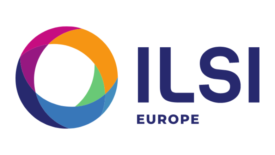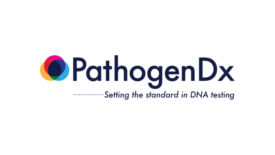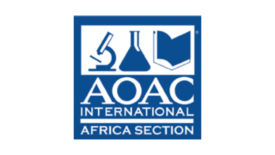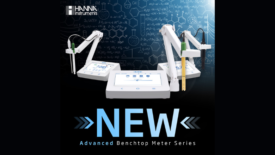Testing & Analysis
BIZTRACKS
African Authorities Focus on Developing Fit-for-Purpose Food Safety Analytical Methods
March 30, 2023
Never miss the latest news and trends driving the food safety industry
eNewsletter | Website | eMagazine
JOIN TODAY!Copyright ©2025. All Rights Reserved BNP Media.
Design, CMS, Hosting & Web Development :: ePublishing




.png?height=168&t=1661887788&width=275)





